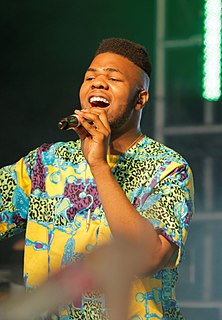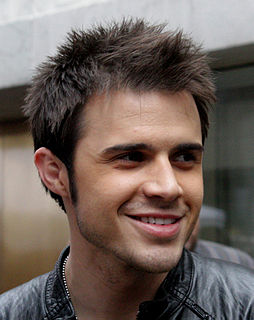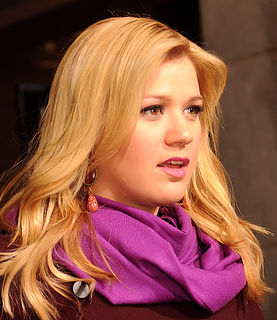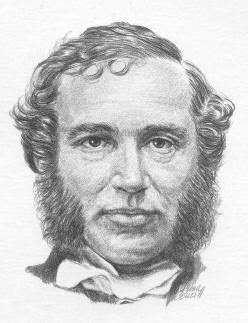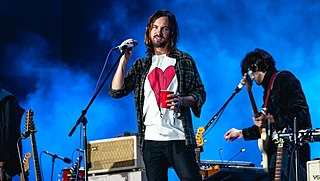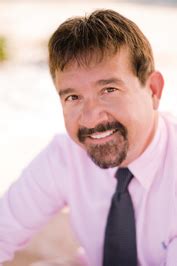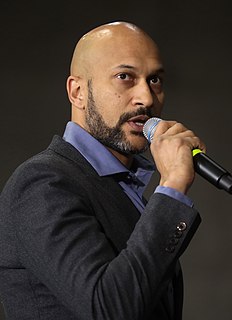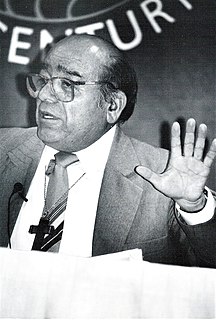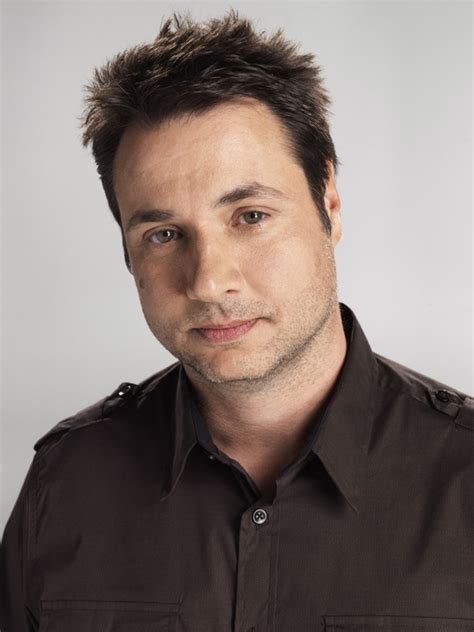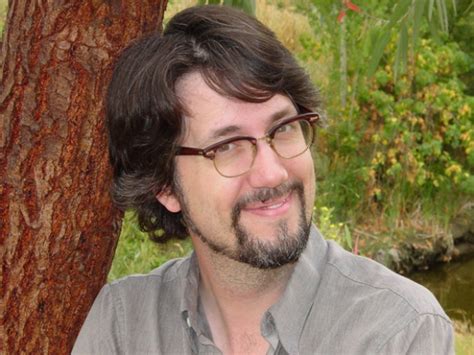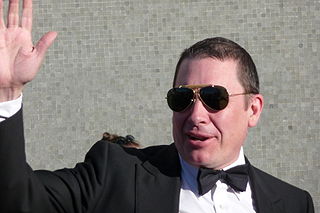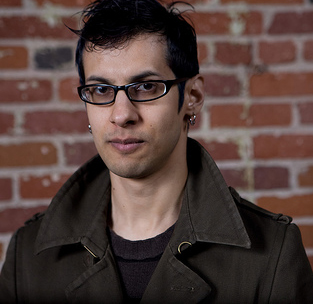Top 1200 American Pop Culture Quotes & Sayings - Page 20
Explore popular American Pop Culture quotes.
Last updated on November 14, 2024.
Pop music can somehow survive being inhibited and mangled by its harsh and stupid commercial chains, and there is surely irreducible potential because of the 'star system' and the volatile attention pop receives for multiples of wickedness, ridicule, discontent, eccentricity, desire to thrive importantly in a genuinely popular context.
It's not about pop culture, and it's not about fooling people, and it's not about convincing people that they want something they don't. We figure out what we want. And I think we're pretty good at having the right discipline to think through whether a lot of other people are going to want it, too. That's what we get paid to do.
The reinvention of American culture as purely the self catapulted Las Vegas to prominence. The city took sin and made it choice -- a sometimes ambiguous choice, but choice nonetheless. Combined with a visionary approach to experience that melded Hollywood and Americans' taste for comfort and self-deception, Las Vegas grew into the last American frontier city, as foreign at times as Prague but as quintessential as Peoria. In Las Vegas, you can choose your fantasy; in the rest of America, you don't always get to pick.
If [the Conservatives] lose, we say, "Okay, we gotta change. We gotta improve, come back and win the next election." They [leftists] don't. When they lose and even when they win, because they know that they're in a numerical minority. But that numerical minority is a vast majority of pop culture and education environments. And so they just bully their way.
The success [of the X-Men], I think, is for two reasons. The first is that, creatively, the book was close to perfect ... but the other reason is that it was a book about being different in a culture where, for the first time in the West, being different wasn't just accepted, but was also fashionable. I don't think it's a coincidence that gay rights, black rights, the empowerment of women and political correctness all happened over those twenty years and a book about outsiders trying to be accepted was almost the poster-boy for this era in American culture.
If all our political and intellectual elite offers by way of a national culture is "pop music, gambling, fashionable clothes or television," then we can neither mount a convincing intellectual defense against our enemies, nor hope to integrate intelligent, inquiring, and unfulfilled Muslim youths young men principally, of course to our way of life.
The indigenous peoples understand that they have to recover their cultural identity, or to live it if they have already recovered it. They also understand that this is not a favor or a concession, but simply their natural right to be recognized as belonging to a culture that is distinct from the Western culture, a culture in which they have to live their own faith.
I was deeply moved by Richard Blanco's reading of his inaugural poem-a timely and elegant tribute to the great diversity of American experience. And now comes this fine meditation on his experience of coming to poetry, of making the poem and the months surrounding its making-a testament to the strength and significance of poetry in American culture, something not always seen or easily measured. Today Is For All of Us, One Today is a necessary intervention into the ongoing conversation about the role of poetry in public life.
That argument doesn’t make any sense to me. So we want to advance as a society and as a culture, but, say, if something happens to an African-American, we immediately come to his defense? Yet you want to talk about how far we’ve progressed as a society? Well, if we’ve progressed as a society, then you don’t jump to somebody’s defense just because they’re African-American. You sit and you listen to the facts just like you would in any other situation, right? So I won’t assert myself.
In an odd way I thought I was lowering the bar for myself, in saying, well, I'll make a pop album. But in a way it's kind of harder to make pop music. It's like the more abstract you get with music, you get into that emperor's new clothes thing, where you can go anywhere, and just claim that your audience may not be prepared to go with you. But with pop music, I think everybody understands the form, everybody knows what it's meant to do. So I would say it's harder to write that kind of music.




